A recent AI Strategy Workshop with business leaders in London, UK
You don’t need more tools. You just need clarity.
AI tools often demand you surrender control over sensitive, proprietary data, knowingly or unknowingly. I work with business leaders to strategically embed AI that boosts efficiency and secures a competitive edge while achieving data privacy and full operational control.
My focus is on identifying immediate, high-ROI AI opportunities and helping you build a sustainable AI strategy that de-risks your future.
I am a Google certified Generative AI Leader and Solution Architect. My expertise is rooted in more than 2 decades of experience in tech. The services I offer are:
- AI Consulting – Advisory sessions on AI
- AI Strategy Workshop – Clarity, Precision, & Action on AI
- AI Opportunity Assessment – Free personalised assessment
Let’s talk if you:
- ✅ Need to understand AI and its application from a business perspective.
- ✅ Need to achieve AI-driven efficiency.
- ✅ Are concerned about control, flexibility, and privacy over your data.
- ✅ Need help with AI/software product development.
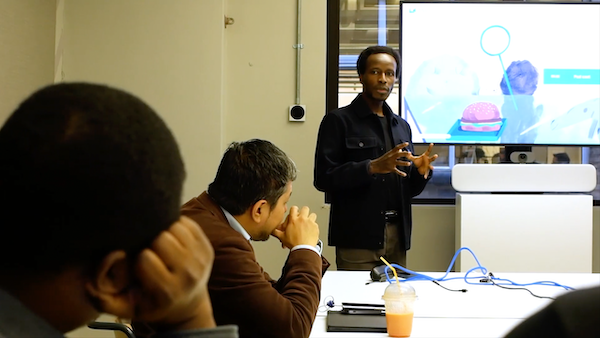
The trifecta business leaders need
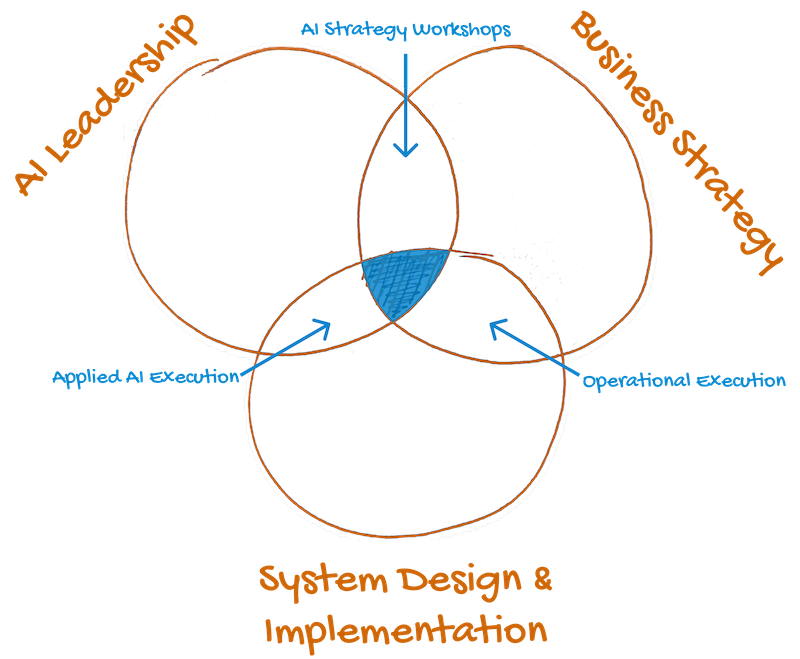
Most consultants excel in one domain. The problem? Real business transformation requires all three. At the intersection of AI Leadership, Business Strategy, and System Design, I bring a unique combination of skills that helps businesses move from ambitious ideas to measurable outcomes.


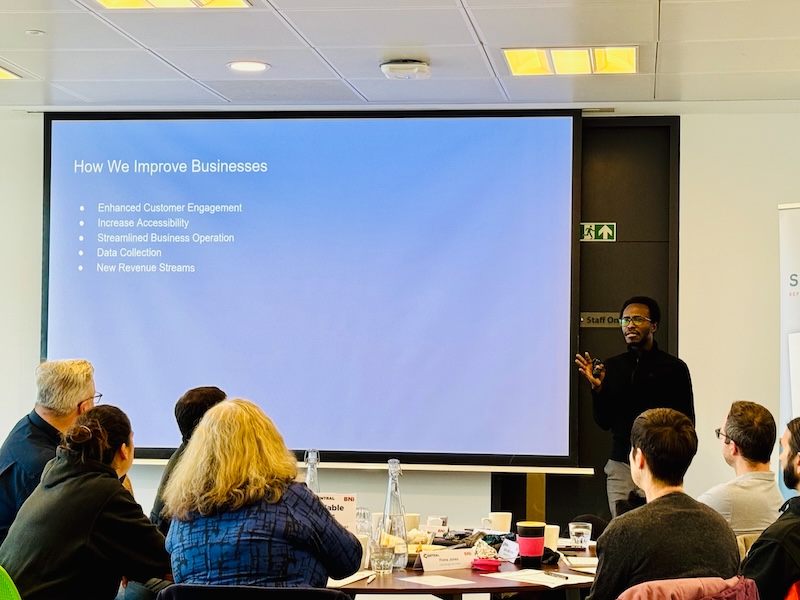
Business leaders choose to use my services…
I help you to develop an AI strategy, outline vision & roadmapping, product development leadership, AI integration, and Dev. team leadership services. Here are some of the businesses and startups that have worked with me:
| Startup | Solution | Industry | Learn More |
 | AI native platform development | Professional networking | Case study |
 | Bespoke AI Solution | Recruitment | Case study |
 | App dev. + AI integration | Recruitment | Case study |
 | Bespoke software solution | Healthtech | Case study |
 | App development | Fintech | Case study |
 | Platform MVP development | Climatech | Case study |
 | Website dev + team coordination | Climatech | Case study |
 | App dev | Social media | Case study |
…and they get the results they need, here are a few
Get strategic clarity and confidence to lead with AI in Just 25 Minutes (free mini-course)
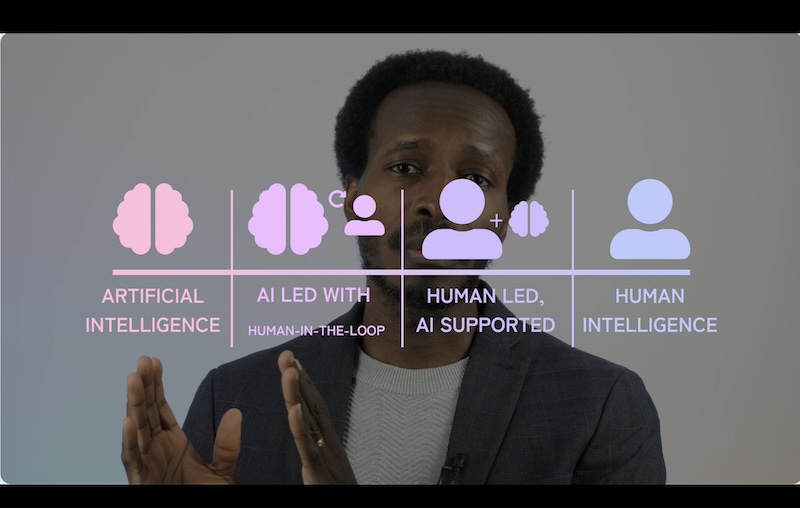
Lead AI initiatives with confidence through my free AI Advantage Mini-Course (just 25-minutes long)
Here are my most popular articles around the intersection of people and technology
- Software estimates, targets, plans, and commitments
- The pains of software project costing
- Short-term speed, long-term pain
I’ve got videos on AI you may find helpful
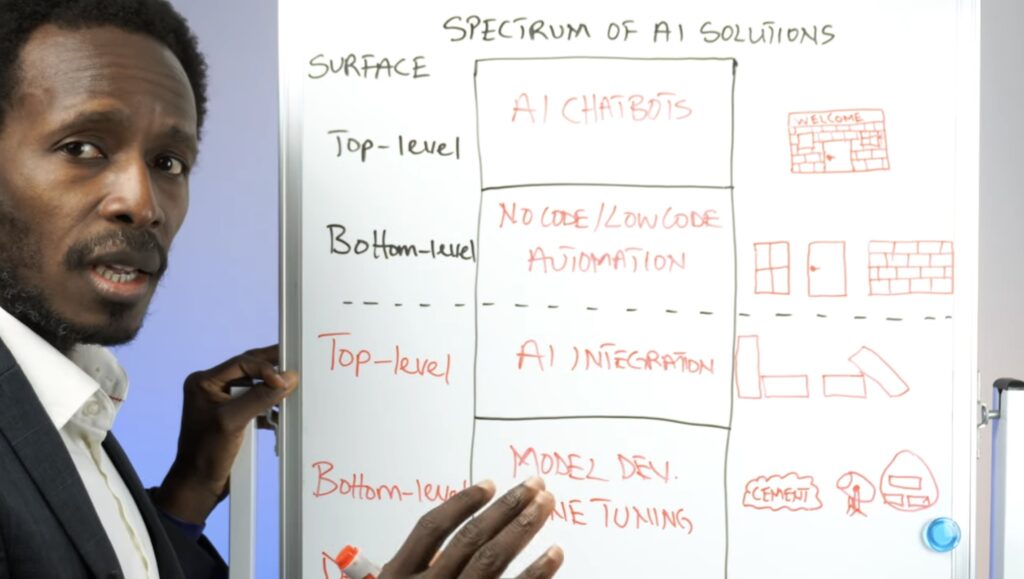
Frameworks and guides that improve how you view and interact with AI in your business. View the videos on the Intellectual Apps Youtube channel.
Need more than AI consulting?
Get a bespoke AI solution
Hire pre-vetted tech talent – English-speaking and operating in GMT+1 timezone
